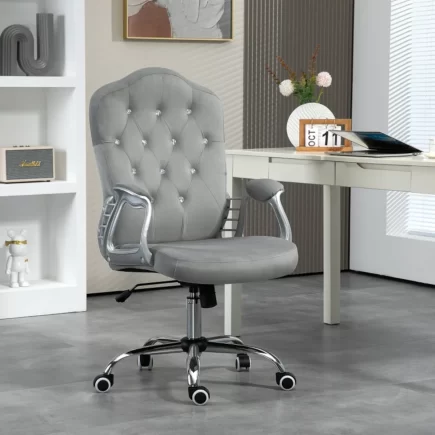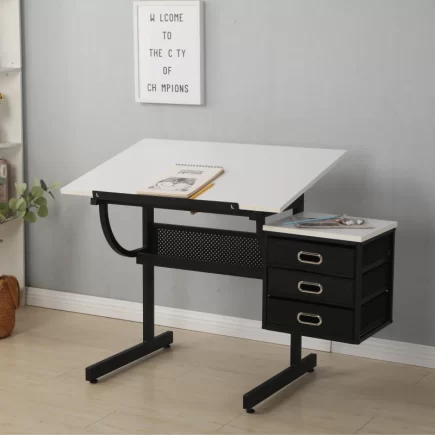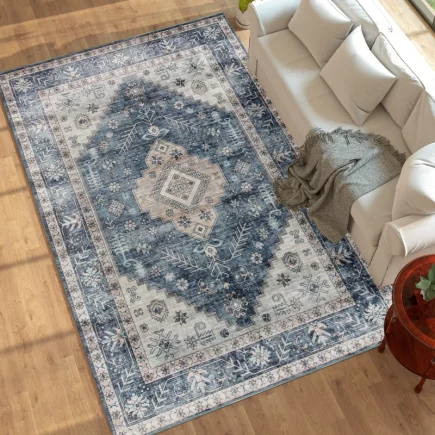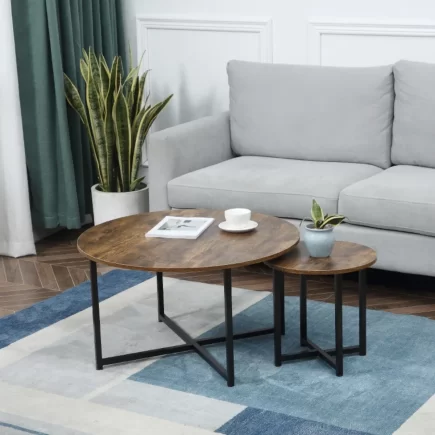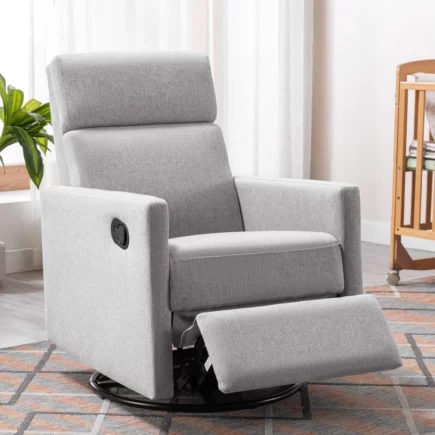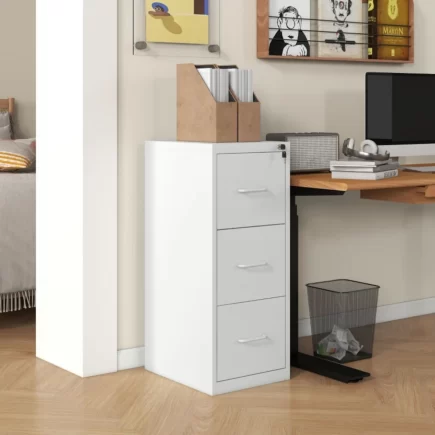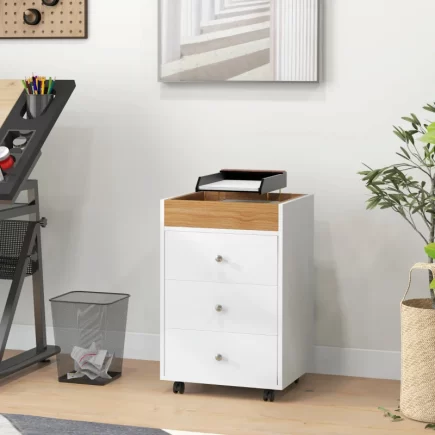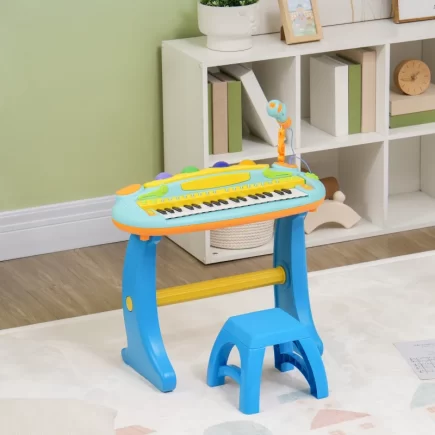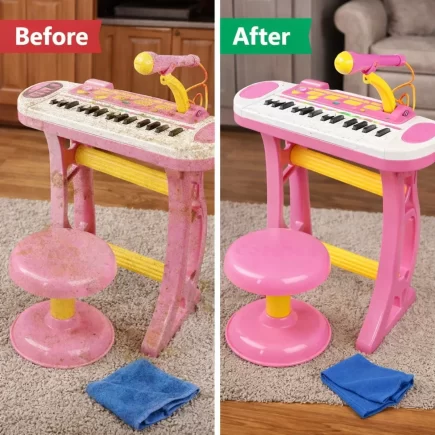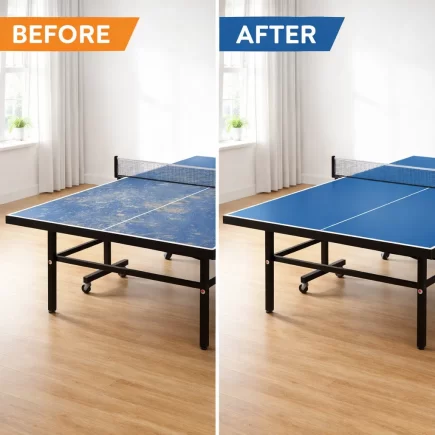Zero gravity chairs offer exceptional comfort and relaxation, especially for those who love lounging outdoors. However, even the most durable furniture can wear out over time, particularly when exposed to the elements. Whether you’re dealing with broken cords, sagging fabric, or loose frames, repairing your zero gravity chair is a cost-effective and rewarding alternative to purchasing a new one. This article will guide you step by step through the process of repairing your zero gravity chair, ensuring it remains as comfortable and functional as when you first bought it.

Essential Tools for Repairing a Zero Gravity Chair
Before you begin, make sure you have the right tools. The process of repairing a zero gravity chair is straightforward, but using the proper tools ensures the repair is done safely and effectively.
| Tool | Purpose |
| Scissors | Used to cut old cords and fabric. |
| Shock Cord | Replacement cord that holds the chair fabric in place (1/4-inch diameter is recommended). |
| Pliers | For securing knots and tightening the cord. |
| Drill | To remove rivets or pins if the frame needs disassembly. |
| Allen Wrenches | For loosening screws or bolts, especially in models with frame fasteners. |
| Screwdriver | For assembling or disassembling parts of the frame. |
Step 1: Assess the Damage to Your Zero Gravity Chair
The first step in any repair process is assessing the extent of the damage. Zero gravity chairs can suffer from a variety of issues, including:
- Broken or Frayed Cords: The most common issue with these chairs is damaged shock cords that hold the fabric taut. If you notice sagging in the seat or broken cords, it’s time for a replacement.

- Worn or Torn Fabric: Fabric can wear out over time, especially if exposed to harsh weather conditions. If the fabric is torn, replacing it is necessary to maintain comfort.
Step 2: Remove Old Cord and Fabric
Once you’ve assessed the damage, the next step is to remove the old parts. This process will vary depending on whether you’re dealing with cord or fabric issues.
Removing the Old Cord
- Cut the Old Cord: Using a pair of scissors, cut the old shock cord or nylon cord that’s holding the seat fabric. Be careful not to damage the frame as you cut.
- Remove Any Attachments: If the cord is secured with knots, untying them with pliers will make the process easier.

Removing the Old Fabric
- Take Apart the Chair: Depending on the model, you may need to remove screws, bolts, or rivets from the frame to fully access the fabric. Use a screwdriver or drill to remove these fasteners.
- Cut the Fabric: If the fabric is damaged, you can either repair it or replace it entirely. If replacing it, carefully cut the fabric to avoid damaging the frame.

Step 3: Choosing the Right Replacement Cord
Selecting the right replacement cord is crucial to ensure that the chair remains functional and comfortable. Here are some options to consider:
- Shock Cord: Shock cord is a flexible, elastic cord that’s often used for zero gravity chairs. It stretches to fit the chair’s frame, providing support without sagging. Choose a 1/4-inch diameter shock cord for most standard models.
- Nylon Cord: If shock cord is unavailable, nylon cord can be an alternative. It’s strong, durable, and easy to work with.
Measuring the Cord Length
To determine the appropriate length of the cord, measure the old cord if possible, or use the frame dimensions as a reference. Generally, you’ll need at least 10-15 feet of cord for one chair. Always purchase extra cord in case you need to make adjustments during the repair process.
Step 4: Remove One Side Arm
To remove the armrest, unscrew the front bolt and the nut on the back bolt that connects the armrest to the chair’s frame. Once both are removed, lift off the armrest to access the fabric for replacement.

Step 5: Replacing the Fabric
If the fabric is also damaged, now is the time to replace it. Here’s how:
- Secure the Fabric: Lay the new fabric over the frame, ensuring that it aligns properly with the attachment points.

- Attach the Fabric to the Frame: Using the replacement cord, loop it through the fabric’s attachment points and the frame’s holes. Make sure the fabric is tight and wrinkle-free.
Step 6: Threading the Replacement Cord
Now that you have your replacement cord, it’s time to install it. Follow these steps to ensure an even and tight fit:
- Start at the Bottom: Begin threading the new cord through the bottom holes of the chair. Leave a little extra slack at the starting point, as this will allow you to adjust the tension later.

- Weave the Cord Through the Frame: Continue threading the cord through each hole, working your way up to the top of the frame. Make sure the cord passes through each hole evenly to prevent uneven tension.
- Tighten the Cord: Once the cord is threaded through all of the holes, use pliers to tighten the cord. Pull the cord tight and ensure that it’s even on both sides.

Step 7: Reassembling the Frame
After the fabric and cord are secured, it’s time to reassemble the chair:
- Check for Loose Screws or Bolts: Inspect the frame to ensure that all screws, bolts, and rivets are properly fastened. If any parts are loose, tighten them with a screwdriver or drill.
- Reattach the Components: Reassemble the frame and ensure that all parts fit securely. Test the frame for stability to make sure there are no issues.
Final Adjustments and Testing
The final step in the repair process is testing the chair to ensure it’s safe and comfortable.
- Test for Stability: Sit in the chair and check for stability. If the chair wobbles or feels unstable, make adjustments to the cord tension or recheck the frame assembly.
- Adjust for Comfort: Adjust the tension of the cord if necessary to ensure that the chair is as comfortable as possible.

Maintaining Your Zero Gravity Chair Post-Repair
After repairing your zero gravity chair, proper maintenance is key to extending its lifespan. Here are a few maintenance tips:
- Clean the Chair Regularly: Wipe down the fabric and frame with a damp cloth to remove dirt and debris.
- Store the Chair Properly: When not in use, store the chair in a dry, shaded area to prevent damage from the sun and rain.
- Lubricate the Frame: Apply a small amount of lubricant to the joints and moving parts of the frame to keep everything working smoothly.
Repairing your Zero Gravity Chair can be a satisfying and cost-effective project. By following the steps outlined above, you can restore your chair to its original condition, ensuring many more seasons of comfort and relaxation. Proper maintenance will keep your chair looking great and functioning well, extending its lifespan and providing excellent value for your investment.
FAQs
1. How do you adjust the tension on a chair?
Adjust the tension by turning the knob or lever located on the chair’s mechanism. This controls the resistance and reclining smoothness, allowing you to customize comfort.
2. How to know when shock cords need replacement?
The shock cords should be replaced if you notice sagging in the seat or if they appear frayed, broken, or stretched out. Regularly inspect the cords to ensure they’re tight and secure. If they lose tension or show visible damage, it’s time to replace them.
3. Can I repair a broken zero gravity chair frame?
It depends on the extent of the damage. Minor issues, like loose screws or bent parts, can be repaired by tightening, replacing bolts, or straightening. However, if the frame is severely cracked or structurally compromised, it’s safer to replace it to ensure the chair’s stability.


